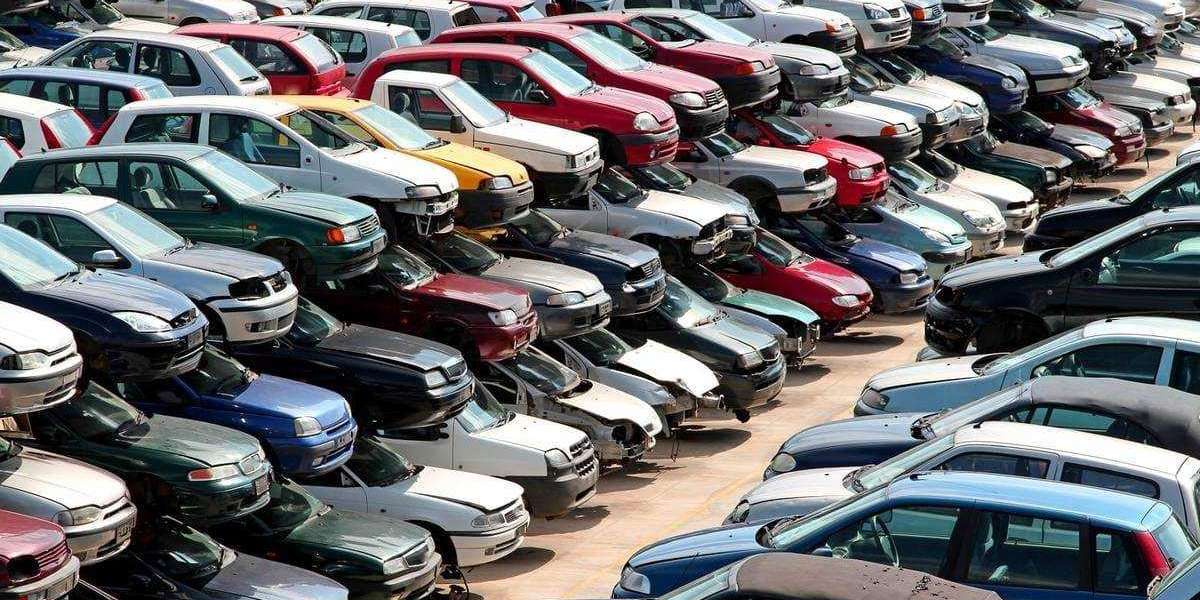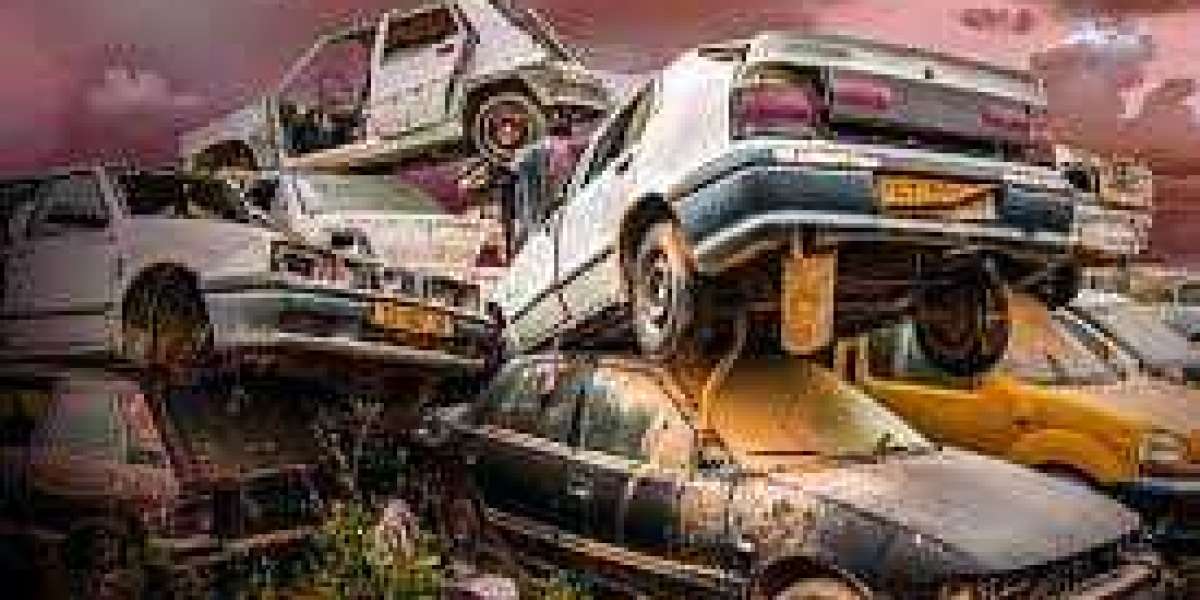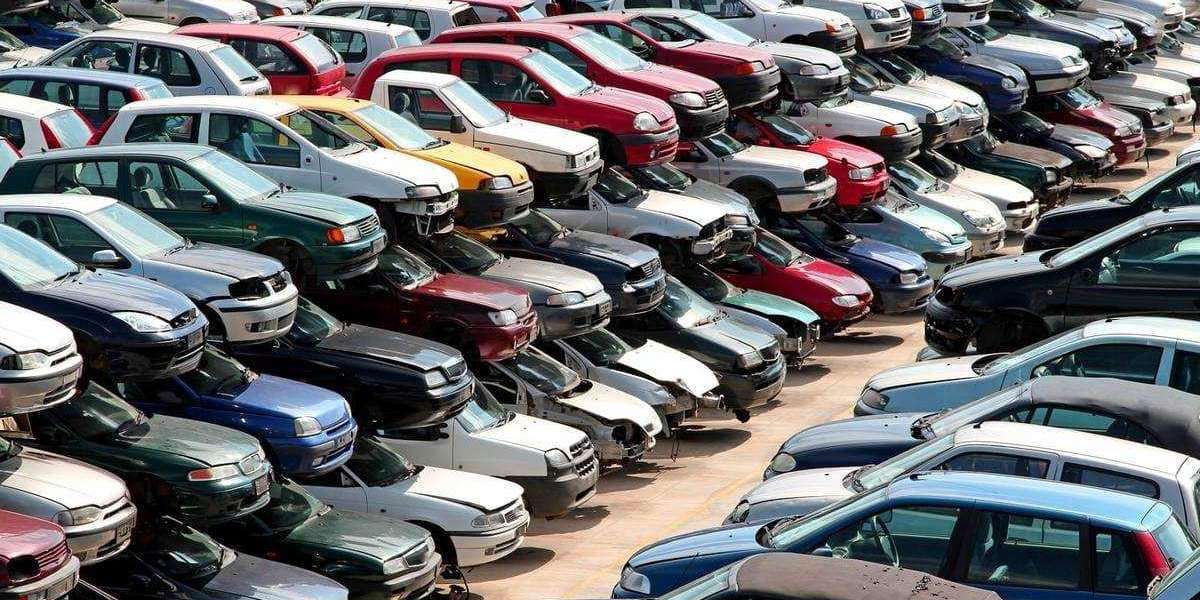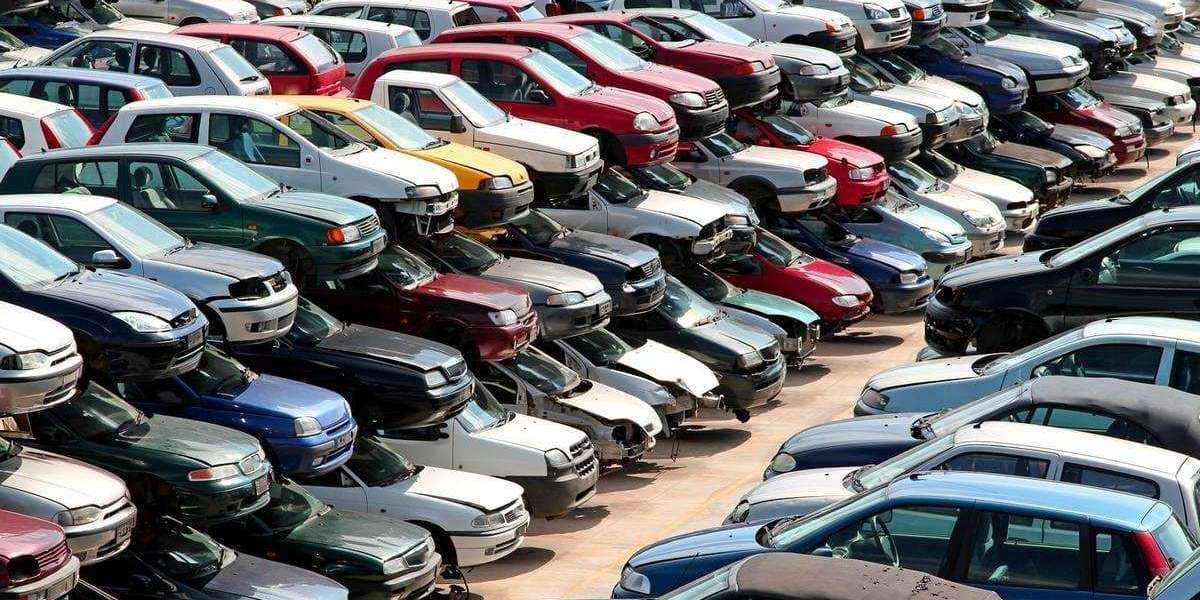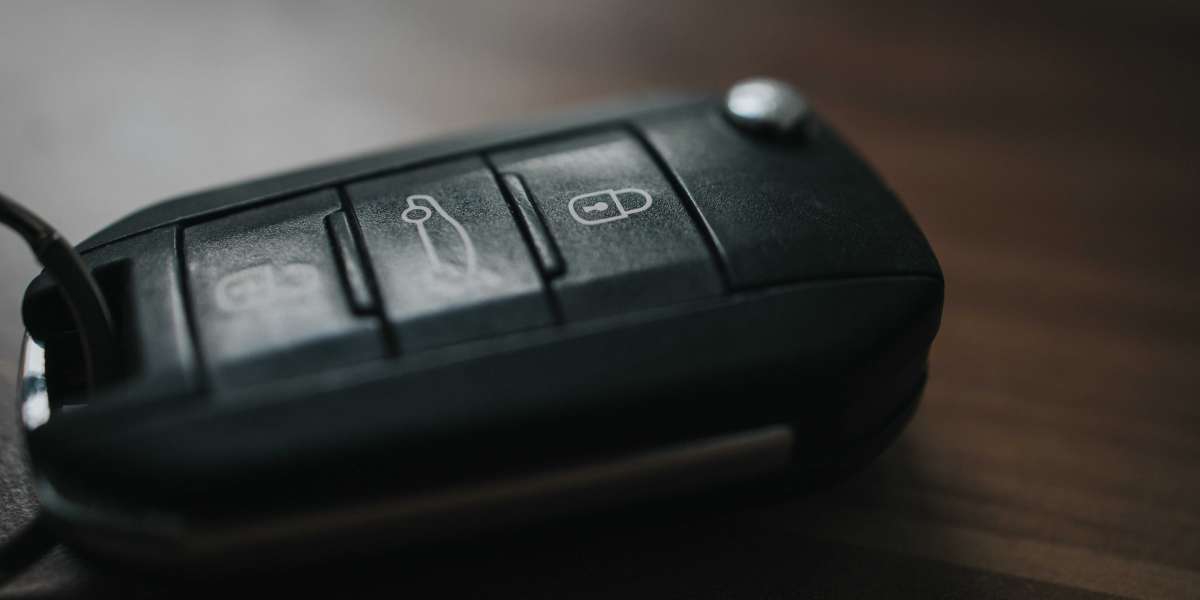Whether your vehicle is damaged, old, or simply no longer worth repairing, scrapping a car can be a smart financial and environmental decision. In this comprehensive guide, we'll cover everything you need to know about the scrap car process — including when to scrap a car, how much you can earn, the legal process, and how to get the best value.
What Does “Scrap Car” Mean?
A scrap car is a vehicle that is no longer roadworthy or economical to repair and is therefore sold to a scrap yard or dismantler to be broken down for parts and recycled materials. Scrapping a car helps keep unusable vehicles off the road and allows valuable metal and components to be reused.
When Should You Scrap a Car?
Knowing when to scrap your car can save you time, money, and stress. Here are common signs it’s time to let go:
Excessive Repair Costs: If repairs cost more than the car’s value.
Failing MOT or Emissions Test: Especially if the cost of repairs is too high.
Major Accidents: After a severe collision that results in structural damage.
Rust or Corrosion: Especially if it affects the frame or undercarriage.
Age and Mileage: Older cars with high mileage and ongoing issues.
Non-Running Vehicles: Cars that don’t start or have engine failure.
If your vehicle fits any of these descriptions, it might be time to consider a scrap car service.
Benefits of Scrapping a Car
Instant Cash
You can earn money by scrapping your vehicle. Even if the car doesn't run, it still has value in metal, parts, and recyclable materials.
Environmentally Friendly
Scrapping reduces pollution by recycling materials and preventing harmful chemicals from leaking into the ground.
Free Up Space
Scrapping an old car can clear up your garage, driveway, or parking space for better use.
No Repair Headaches
Instead of spending hundreds or thousands on repairs, scrapping lets you move on hassle-free.
Legal Protection
Authorized Treatment Facilities (ATFs) handle scrapping according to the law, ensuring you're not liable for the car after it’s scrapped.
How to Scrap a Car: Step-by-Step
Step 1: Get a Quote
Start by searching for scrap car buyers or local scrap yards online. Most companies offer free quotes based on the vehicle’s:
Make and model
Year
Condition
Location
Weight (as metal is priced by weight)
Step 2: Choose a Licensed Buyer
Always choose a licensed Authorised Treatment Facility (ATF). This ensures legal disposal and protects the environment.
Step 3: Arrange Collection or Drop-Off
Most scrap car companies offer free collection services. If your car still runs, you may choose to drive it in for a better price.
Step 4: Provide Documentation
You’ll need:
V5C logbook (vehicle registration document)
Valid photo ID
Keys (if available)
Step 5: Complete Paperwork
Inform your local vehicle registration authority (e.g., DVLA in the UK) that your car has been scrapped. You’ll receive a Certificate of Destruction (CoD) from the ATF.
Step 6: Get Paid
Payment is usually made via bank transfer, and cash payments are not allowed in some countries, like the UK, due to anti-theft laws.
How Much Can You Get for a Scrap Car?
The price of a scrap car depends on several factors:
Weight of the vehicle (metal value)
Car make and model
Demand for spare parts
Location
Current scrap metal market rates
As of 2025, the average value for a scrap car ranges from $100 to $600, with premium models or heavy vehicles fetching higher amounts.
Common Myths About Scrapping Cars
“Scrap cars are worthless.”
False – Even non-running cars hold value in their parts and metal.
“You have to deliver the car yourself.”
False – Many companies offer free pickup.
“It’s a long and complex process.”
False – The entire process can be completed within 24–48 hours.
Tips to Get the Best Price for Your Scrap Car
Remove valuable parts: If allowed, remove aftermarket stereo systems or new tires.
Compare multiple quotes: Don’t accept the first offer.
Sell directly to an ATF: Avoid middlemen.
Don’t delay: Prices for scrap metal fluctuate.
Scrap Car vs Selling for Parts
You might wonder whether to scrap your car or sell it for parts. Selling for parts can yield more money, especially if:
The engine or transmission is in good condition.
You have aftermarket parts.
You’re mechanically inclined and can remove parts yourself.
However, selling for parts is more time-consuming and may involve storage or listing on marketplaces. Scrapping is faster and more convenient.
Legal and Environmental Considerations
Only use licensed ATFs: Illegal scrap dealers can result in fines or criminal charges.
Drain fluids properly: ATFs ensure that oil, fuel, and coolant are disposed of responsibly.
Don't abandon your car: This can lead to legal penalties and towing fees.
Conclusion: Is Scrapping Your Car Worth It?
Absolutely — if your vehicle is no longer roadworthy or not worth repairing, scrapping it can give you a clean, profitable, and eco-friendly solution. With hundreds of licensed scrap car dealers ready to offer quotes and collect your vehicle, the process is easier than ever.
Just be sure to do your research, check for certifications, and compare quotes. Scrapping a car might not only help you earn cash but also contributes to a greener planet.
Frequently Asked Questions (FAQs)
Q1: Can I scrap a car without a logbook (V5C)?
Yes, but you’ll need to provide alternative proof of ownership like a bill of sale and a valid photo ID.
Q2: How long does it take to scrap a car?
Typically, the process takes 1–2 days from quote to collection and payment.
Q3: Can I keep parts before scrapping?
Yes, but inform the buyer. Removing essential parts may reduce your quote.
Q4: Is it illegal to scrap a car for cash?
In some countries, yes. For example, in the UK, cash payments for scrap cars are banned. Always use a bank transfer or cheque.
Q5: What is a Certificate of Destruction (CoD)?
A CoD is a legal document issued by an ATF confirming your vehicle has been scrapped. It protects you from future liabilities.
Q6: Can I scrap a car that doesn’t run?
Yes. Non-running cars still hold value and are often collected for free.
Q7: Does mileage affect scrap value?
Not usually. Scrap value is based more on weight and parts, not mileage.
